Field trips for Chengdu, China
We highly recommend students participate in the following organized field trips, which are included in your program fees. Some trips may be mandatory for specific classes and will be led by the Resident Director, instructors, or International Office staff.
Please note that destinations may only be available during certain terms and are subject to change at the discretion of the Resident Director or on-site staff.
The following are possible field trip destinations, with further details provided upon arrival.
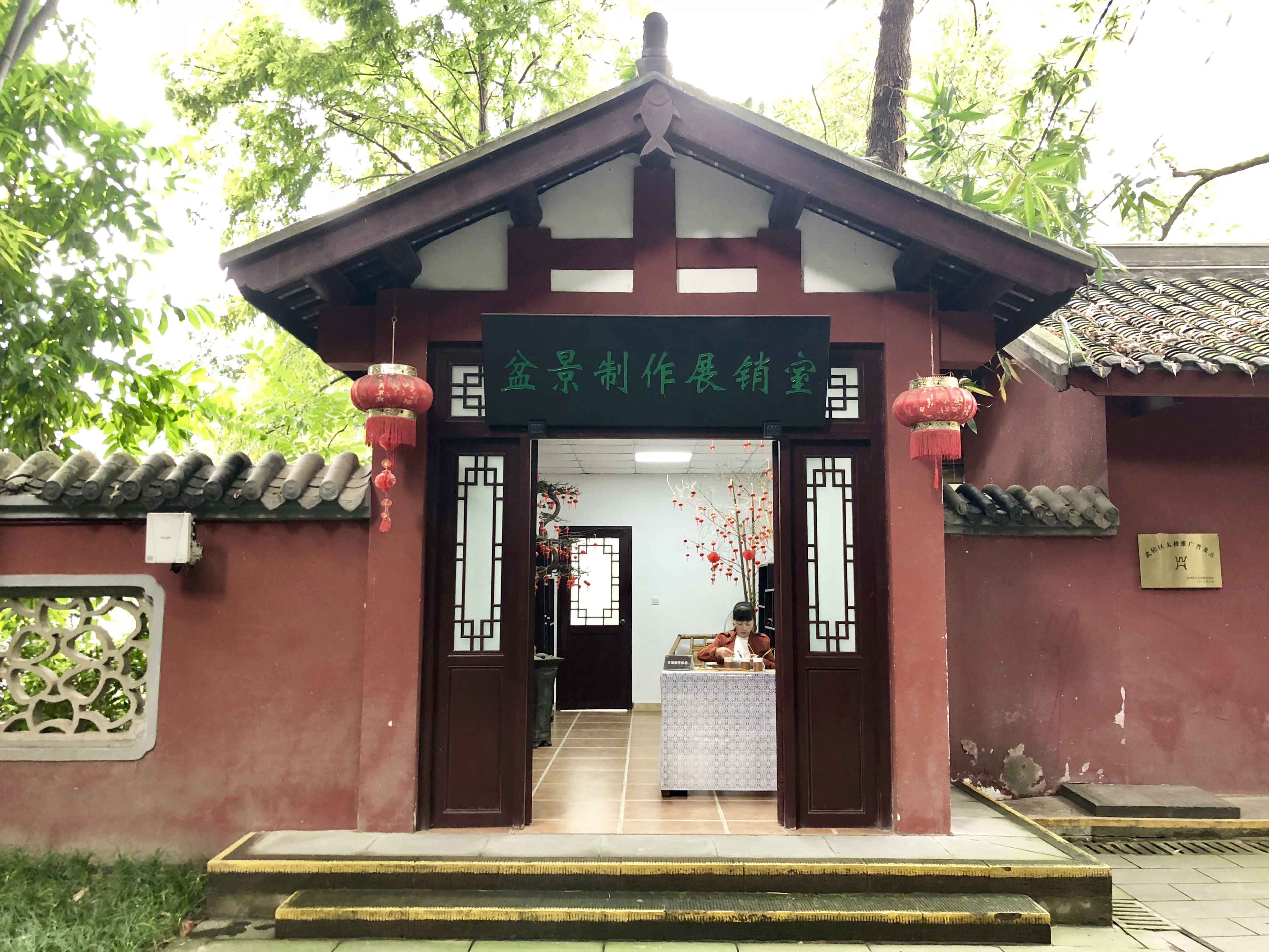 Chengdu City Tour
Chengdu City Tour
Easily adjust to life in your host city as you explore downtown Chengdu. Students will visit key places important for their stay, such as shopping centers, restaurants, banks, and cell phone and computer retailers.
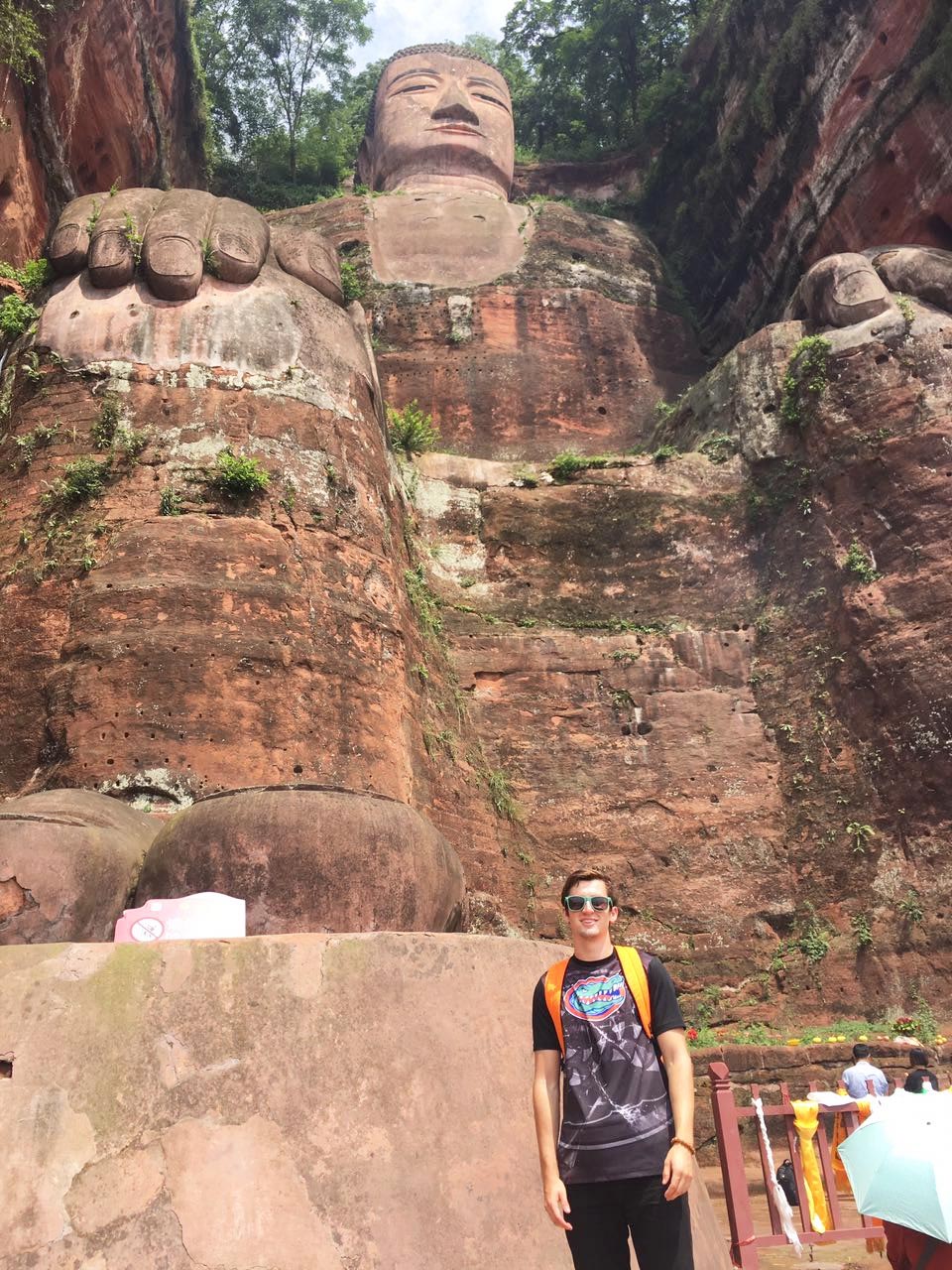 Giant Buddha and Mount Emei
Giant Buddha and Mount Emei
Dive into China’s ancient culture and breathtaking scenery as you visit Dafu, a Buddhist temple that’s home to the world's oldest and largest sitting Buddha statue, carved into a red sandstone cliff. You’ll also visit Mount Emei, one of the Four Sacred Buddhist Mountains.
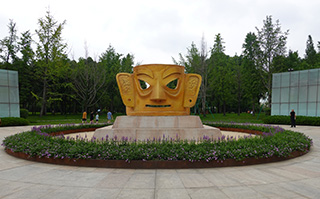 Jinsha Museum
Jinsha Museum
The Jinsha Museum was constructed over the most significant Chinese archaeological discovery of the twenty-first century: a five-square-km excavation site discovered in 2001 in the western suburbs of Chengdu. The museum features thousands of artifacts, including gold plates, jade articles, stone wares, bronze wares, and ivories from the Shu Kingdom, as well as the famous Holy Sun Bird which has become the symbol of Chinese Cultural Heritage.
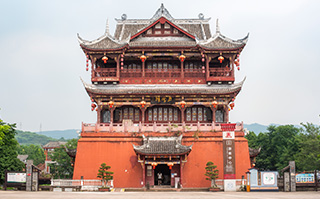 Luodai Ancient Town
Luodai Ancient Town
Luodai Ancient Town is the largest Hakka community in southwest China. With its well-preserved Hakka culture, renowned annual Fire Dragon Festival, and stunning traditional architecture dating back to the 1600s, you can experience ancient China even in modern day.
 Panda Research Base and Dujiangyan Irrigation System
Panda Research Base and Dujiangyan Irrigation System
Visit Dujiangyan Irrigation, the oldest and only surviving no-dam irrigation system in the world. It is regarded as the 'Treasure of Sichuan', and still plays a crucial role in draining floodwater, irrigating farms, and providing water resources for the province. You’ll also visit the largest panda research base in the world, where you can see more than 230 pandas and learn more about these endangered animals.
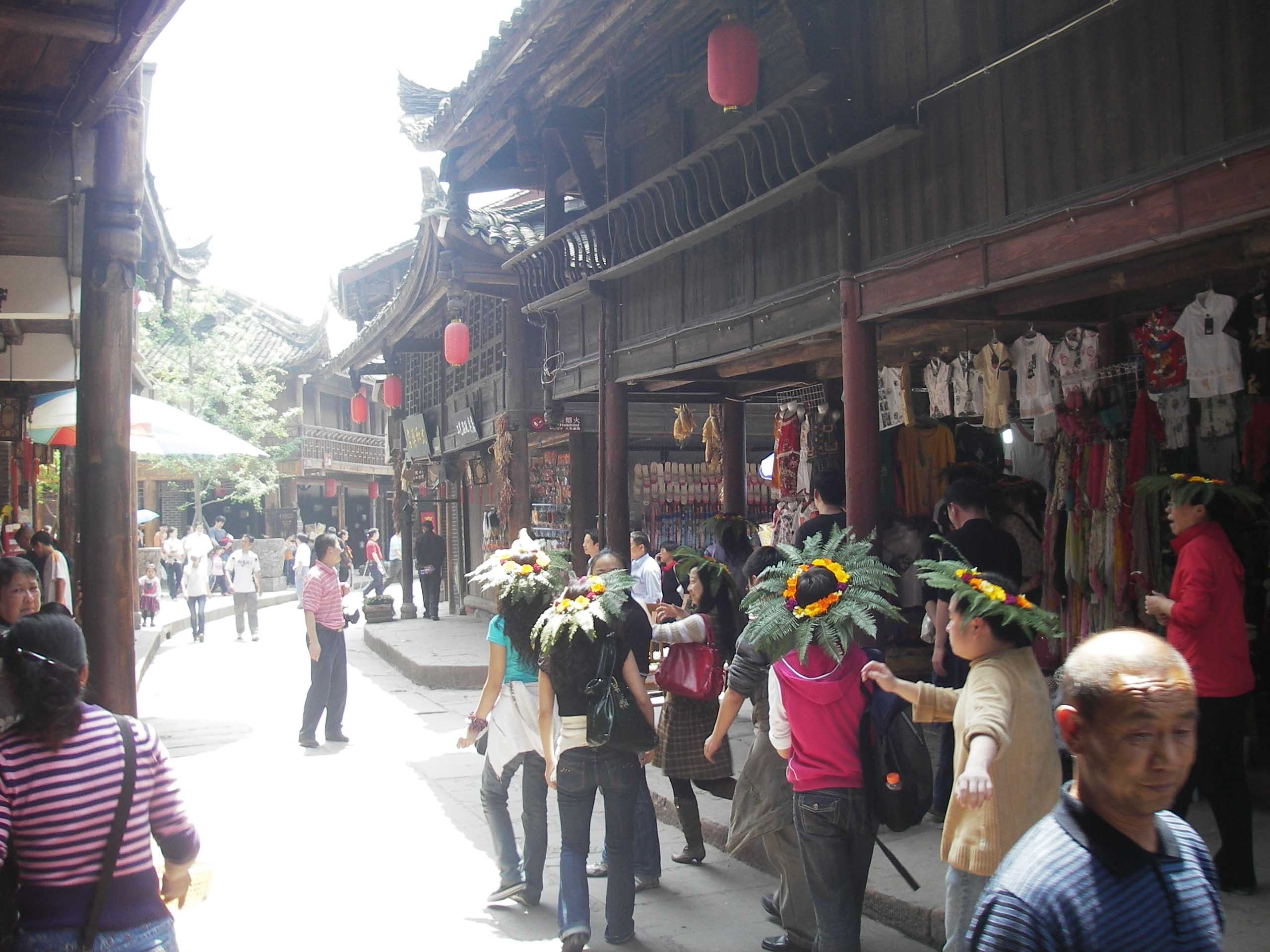 Yellow Dragon Town
Yellow Dragon Town
This 1,700-year-old water village near Chengdu immerses visitors in Sichuan’s rich history and culture. Stroll along its Ming-Qing dynasty streets, where wooden teahouses, stone bridges, and tranquil canals evoke scenes from classic Chinese films. You can taste local delicacies like Dong Po Pork, explore ancient temples, or relax in a riverside teahouse — all just an hour from Chengdu’s bustling city center.

